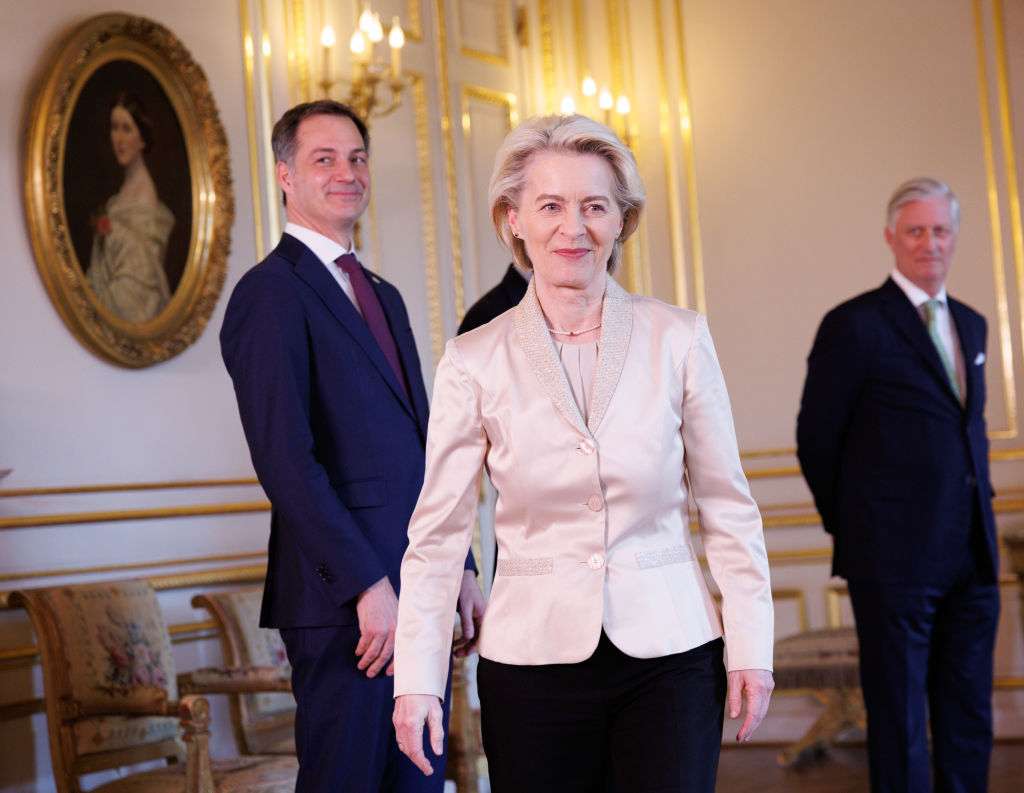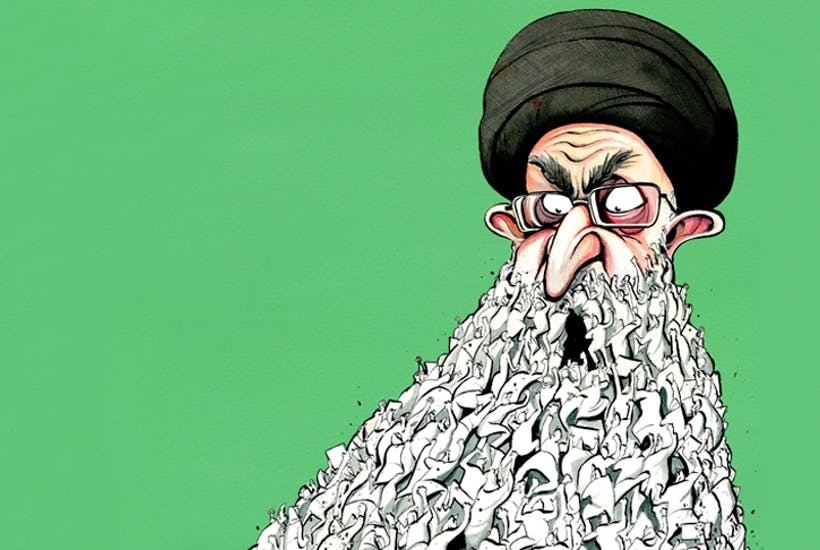The European Union knows that the migrant crisis will be a significant factor in deciding the outcome of Europe’s elections next month. The omens, or rather, the polls aren’t good.
The EU is bracing itself for what it describes as a ‘sharp right turn’ next month
The EU is bracing itself for what it describes as a “sharp right-turn” next month. Certainly, the polls in France and Holland, to name but two of the bloc’s twenty-seven countries, are predicting thumping victories for the parties of Marine Le Pen and Geert Wilders.
In an attempt to try and limit the damage, EU Commission president Ursula von der Leyen has been active this year in negotiating deals with countries at the epicenter of the migrant crisis that has caused the right turn in Europe since 2015.
In March, von der Leyen agreed deals with Egypt and Mauritania, and this week she has signed an agreement with Lebanon. “I can announce a financial package of $1 billion for Lebanon that would be available from this year until 2027,” said von der Leyen in Beirut on Thursday. The “packages” for Egypt and Mauritania were worth respectively $8 billion and $211 million.
Broadly, all three deals work along the same lines. In return for financial aid, the countries will do their utmost to stem the number of migrants and refugees leaving for Europe. In the case of Lebanon, since their economy collapsed in 2019 many Lebanese have been leaving for Europe. Additionally, the country is home to an estimated 2 million refugees from neighboring Syria. Lebanon’s infrastructure can’t cope without financial assistance.
Von der Leyen announced the package in Beirut in the company of Lebanon’s Prime Minister Najib Mikati and Cypriot president Nikos Christodoulides. Cyprus is 125 miles from Lebanon and has borne the brunt of the migrant arrivals. Christodoulides said he was confident that the deal will enable the Lebanese government to “handle various challenges including controlling land and maritime borders, ensuring the safety of its citizens, fight against people smuggling and continue their fight against terrorism.”
Might Christodoulides’s optimism be misplaced? As well as this year’s deals, von der Leyen also pushed through a similar accord (for $273 million) with Tunisia last summer, on that occasion in the presence of Italian prime minister Giorgia Meloni.
It has reduced the numbers of migrants reaching Italy, or it certainly did in the first few weeks of this year, which is always the slow season for crossings because of the inclement conditions in the Mediterranean. But as soon as spring arrived the boats have increased in number. On the weekend of March 23, over 1,700 migrants landed on the Italian island of Lampedusa, and the numbers have continued — albeit on a smaller scale – since. Most set out from Tunisia.
But it is further West where the people traffickers have moved the bulk of their business. As the Guardian reported on February 1 this year, 7,270 migrants reached the Canary Islands in January, a 1,000 percent increase on January 2023. In total 39,910 people came ashore on the Canaries in 2023, a record number that will surely be surpassed in 2024. In the first three months of this year, over 13,000 migrants landed on the islands.
With summer approaching there is likely to be a fresh surge of arrivals. So von der Leyen can sign as many deals as she wants but the only number that counts for most voters is the boats. If they keep coming then they will keep voting right.
This article was originally published on The Spectator’s UK website.


























Leave a Reply